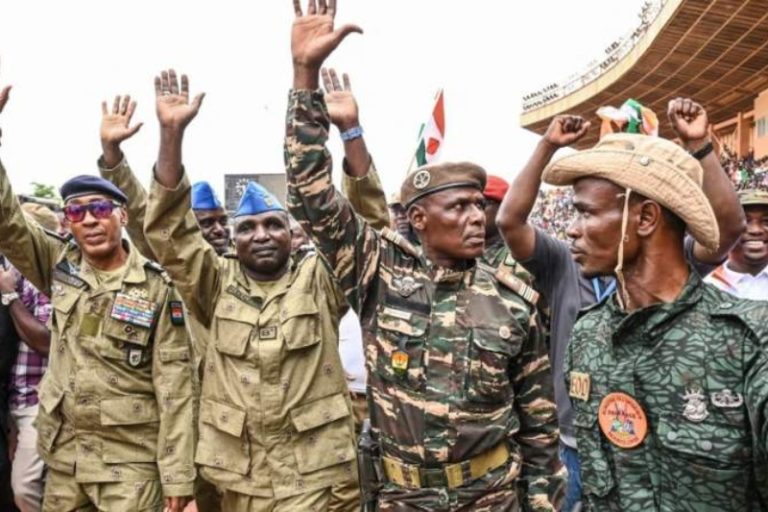

niger suspends military pact with us amidst growing ties to russia and iran
Niger’s suspension of its military agreement with the US raises questions about the longstanding partnership between the two nations. The agreement, signed in 2012, allowed American troops and civilian defence staff to operate from Niger, a strategically vital location in the Sahel region. With bases like Airbase 201 in Agadez, the US conducted surveillance and counterterrorism operations against groups like ISIL and al-Qaeda in the region.
The decision to suspend the military pact follows a visit by senior US officials who expressed concern over Niger’s growing ties to Russia and Iran. Niger’s military spokesperson criticised the US for attempting to dictate its partnerships, denouncing what he called a “condescending attitude” from American diplomats. The refusal of Niger’s military leader to meet the US delegation underscores the escalating tensions between the two nations.
Niger’s shift towards Russia and Iran comes in the wake of a military coup that led to the expulsion of French and European forces from the country. With Niger turning to alternative partners, including Russia and Iran, the geopolitical landscape in the Sahel region is undergoing significant changes. Reports suggest that Niger may be exploring deals with Iran, including uranium supply agreements, further complicating its relationship with the US.
The suspension of the military pact raises questions about the future of US forces in Niger. While the US remains in contact with Niger’s ruling military body, negotiations to retain American troops in the country are ongoing. However, if the US is forced to withdraw its forces entirely, it could lose access to critical drone facilities, diminishing its military presence in the region.
The suspension of the military pact could have significant implications for US operations in Africa. With the Niger base serving as one of the largest drone facilities on the continent, its loss would reduce the West’s military footprint in the region. Moreover, amidst Russia’s growing influence in the Sahel, the US faces challenges in maintaining its strategic interests in the area.
The suspension of the military pact between Niger and the United States may trigger diplomatic repercussions, both regionally and globally. As Niger shifts its military partnerships towards Russia and Iran, traditional allies like the US may reassess their diplomatic relations with the West African nation. This realignment could strain existing alliances and reshape geopolitical dynamics in the Sahel region.
Additionally, other African countries and international actors will be closely watching the US’s response to Niger’s decision. How Washington navigates this situation will set a precedent for its approach to similar challenges in the future. Any perceived missteps or miscalculations in diplomacy could have far-reaching consequences for US foreign policy objectives and influence in Africa.
In navigating this diplomatic quagmire, the US must balance its strategic interests with diplomatic engagement, seeking avenues for constructive dialogue while also safeguarding its national security priorities. Failure to effectively manage this situation could undermine US credibility and influence in the region, potentially diminishing its ability to shape outcomes in the Sahel and beyond.
Africa is taking big steps by entering the global green technology manufacturing market to stop being just a supplier of…
Two mobile telecom leaders, MTN Group and Airtel Africa, joined forces to create a new digital infrastructure system throughout African…
South African President Cyril Ramaphosa defended his nation against claims of white discrimination made by tech magnate Elon Musk. After…
Hilton launched Signia by Hilton for its first appearance in Egypt and Africa through its hotel expansions. These hotels at…
UNICEF reported that, nearly 2900 people died of cholera across Eastern and Southern African countries while children suffer most greatly…
Enza, based in the United Arab Emirates, obtained $6.75 million in initial investment funding from Algebra Ventures and Quona Capital.…
This website uses cookies.